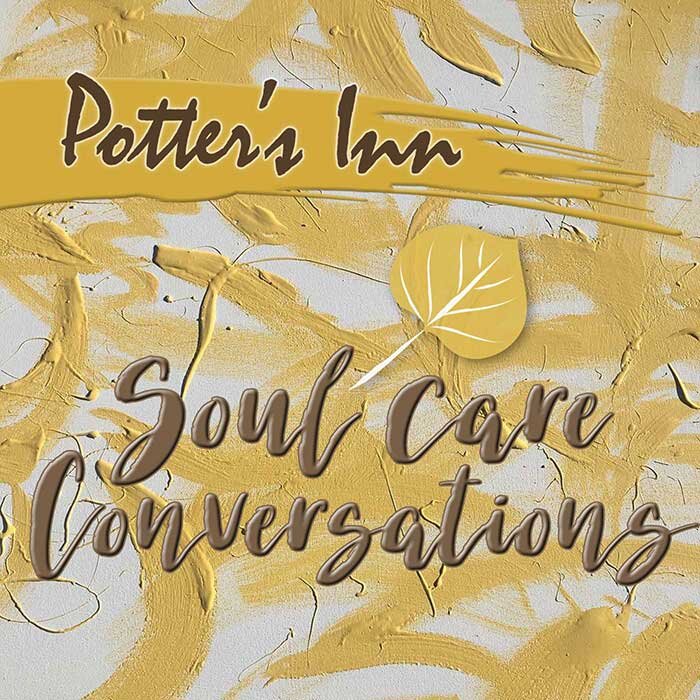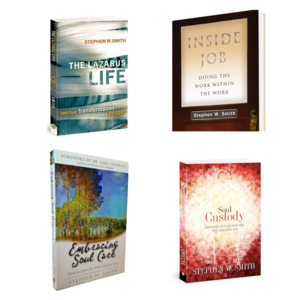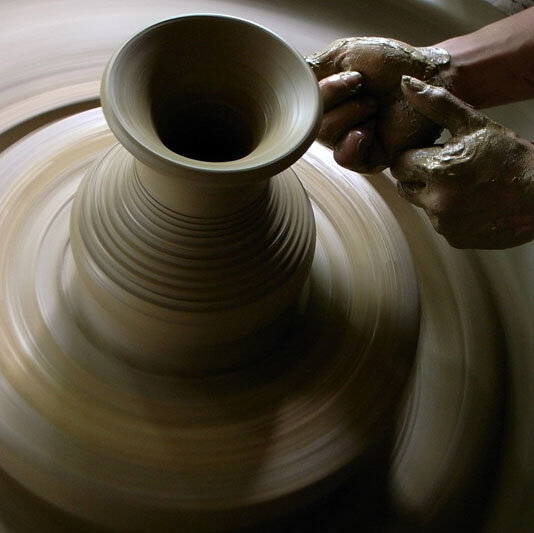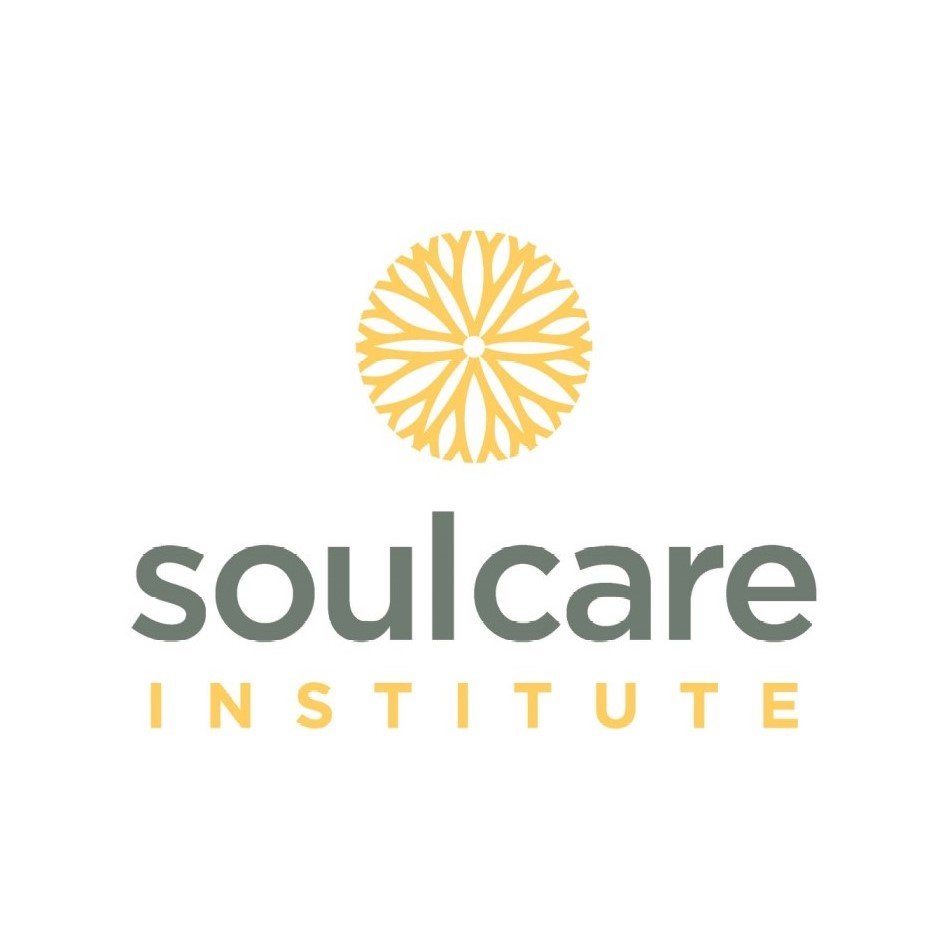By Stephen W. Smith
“Be patient toward all that is unsolved in your heart and try to love the questions themselves, like locked rooms and like books that are now written in a very foreign tongue. Do not now seek the answers, which cannot be given you because you would not be able to live them. And the point is, to live everything. Live the questions now. Perhaps you will then gradually, without noticing it, live along some distant day into the answer.” -Rainer Maria Rilke
Living the questions of life, love, purpose, and faith is about wrestling through issues, perspectives, and views until some type of clarity comes—or maybe does not come at all. Finding our way in life and knowing God’s will for our lives is about holding questions in our hearts without an inner urge to answer too quickly or with all assurance that we’ve settled a matter, once and for all. And in all of the question asking and answer finding, we need to practice holding both loosely in our hands.
Most of our educational endeavors, when we look back on it, were a way to find the “right” answers. Our inquisitive minds launched us on a noble search to know. We seek to know how things work, how the body functions, how to make money, and how to accomplish certain tasks and responsibilities. But there is a deeper sense of knowing. This “knowing” is the spiritual journey of our lives. It is the critical journey where we learn to ask ourselves the most important questions of our lives—and the next life.
Learning to live the questions is a part of our spiritual formation. When we lay down our efforts to know all of the “right” answers, we can begin to learn. The root meaning of our English word, “scholastic” means “free time”—it does not mean acquiring facts. We need free time, space and time to figure out what the key questions of life are. Maturity is more than amassing the right facts and having all the answers tied up in our doctrinal statements and political alignments. Letting go of our need for having the “right” answer defines an important passage in our maturity. There are deeper stirrings within each soul that we awaken and pay attention to in life.
Here are five questions that are worthy to live with, to wrestle with. The answers to these questions are very personal and will vary person to person, and that is more than okay. In fact, it is healthy.
1. What happened?
This is the question that is based on your story, the story of your life. What happened is the pivotal question that invites a person to begin to reflect on their story, and not just tell their story through just facts. By reflecting we look at what happened to us from various perspectives. It is not a question that is answered in a linear, chronological way. It is a question that invites us to linger with the questions. Some questions that can come up are: Who shaped me to be who I am today? What issues stunted my growth? What wounds do I carry? Who inspired me along the way? Why am I interested in this or that?
While searching in depth, some questions help us know every part of our story: sexual, vocational, physical, relational, and emotional. Our stories make us unique. And no two stories alike, even if you are a twin. Each of us is unique, and we own a particular point of view that needs to be understood. When we explore, “What happened?” we are invited into the deepest part of ourselves and often unknown quadrants of our heart that are often ignored, underdeveloped and sitting in only darkness.
2. What do I need?
When we ask ‘What do I need?’ we acknowledge that we are not self-sufficient or self-made. Many hands shape us from the cradle to the grave, and our needs change throughout the varied seasons of our lives. When we give ourselves permission to ask this question, we acknowledge that we are “fearfully and wonderfully made”. Our needs take time, exploration, and courage to navigate. And if we neglect this question, we are neglecting our inner-life.
In marriage, we learn to ask this question in a different way, “What do you need?” I’ve found that this question has a way of neutralizing conflict. It puts both my wife and I on level ground. It seems to stabilize the growing tension or rift that had sprung up between us. The key, however is to remember to ask this question, and to remember to ask this of ourselves as well.
I’m convinced that Jesus allowed himself to ponder this question in his action filled life and ministry. When he got into the boat to cross the inland sea, he needed to sleep. He needed to rest. He needed to eat. He needed to be with his close friends. He needed to be away from the crowds. The insight we gain is that he did not push down his own needs whether they were physical, relational, or emotional. Jesus knew that he needed to ask this question of himself in order to keep a healthy outer as well as inner life.
3. What do I want?
Understanding our desires is to know that they are our portals into our very souls. By knowing our longings, yearnings, and aspirations, we recognize that desires are of God and that these desires are embedded into our souls when we were created. “What do I want to do with my life?”, “Where do I want to live?”, or “Who do I want to share my life with?” To be human is to live with and navigate through deep desires. When we read the Gospels, we are reminded that Jesus asked this crucial question often to those he encountered. Each time he posed the question of “What do you want?” transformation happened in the person he asked the question to.
4. How can I walk with God?
Ever since Eden, this one question has dominated all people from all continents of the earth. This is a question of relationship more than it is a question of religion. Religion is how people answer this question, but underneath our religion is our need to be connected to The Divine. This connection comes down to a daily experience— down to a relationship that is intimate and life altering.
If you’re considering using these questions as a Sabbath time of reflection, you may want to ask, “How did I walk with God this past week?” and “How can I walk with God in the coming week?” If you’re busy this week, how can you walk with God through and in the busyness? If you are traveling, this question may help focus you from veering off onto a path you know you don’t really want to walk.
5. How can I help?
This question puts us in the midst of community where we own the fact that we are not alone on this earth and we can and should help. Our help can be broken down into a daily way to help; a weekly way to help and even an annual theme of who I want to help. Asking this question helps us to remind ourselves that we are stewards and not owners. The earth is the Lords–so how can I help? My relationships are gifts–so how can I tend to them? My body belongs to the Lord–so how can I help steward my physical well-being?
Processing Questions
When we live the questions, it goes without saying that we need to realize that this is more than just answering the questions. We need to look under the rocks to find what’s growing underneath. We need to look in the dark places–in unvisited regions of our hearts to simply consider the questions above.
By living the questions, we learn that we need someone to ask these questions of us–and hopefully in a loving and caring way. The soul recoils from being interrogated. For the soul to emerge, we need a safe person, a safe place, and a safe time frame that facilitates our living the questions.
This is why I have a spiritual director. I make a monthly appointment with a wise, old soul to sit with every month that simply knows and senses the right questions to ask me. In the asking and the responding, I am living the questions, I am awakening my soul to what is going on in me and around me the things I need to pay attention to.
Of course, we can live the questions with trusted friends who know how to ask and how to listen rather than interrupting us or always offering us their insight. Listening is key when we want to live the questions. Listening is key to know how to ask the right questions that will free the heart from the lodged iceberg locked up inside our hearts. Consider using these questions with a friend over coffee or lunch. Consider these questions, or others, at meal times with your family. Think about using these questions in your small groups.
As I come to a close, I want to leave this thought with you as you go about your daily life: To live the questions is to confess our humanity and our need for each other to both listen and to respond.




